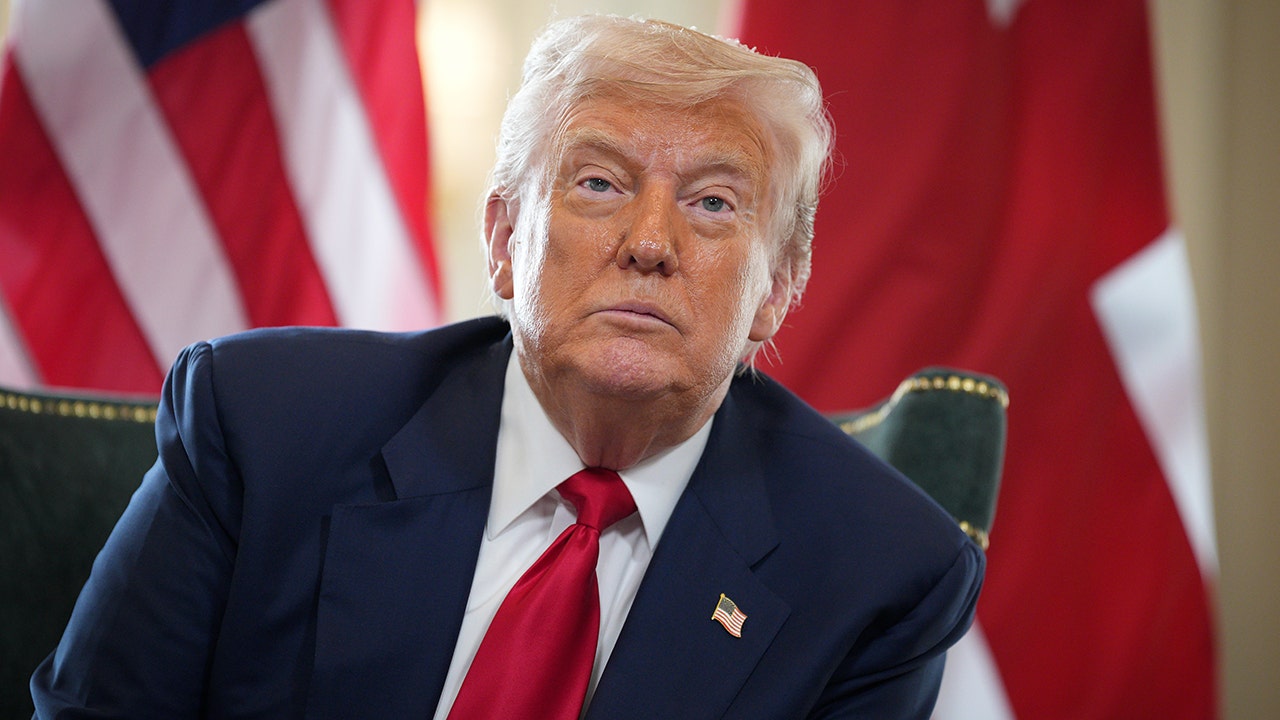President Trump Demands Drug Price Reductions from Pharma Companies
President Trump sent letters to 17 pharmaceutical companies, demanding they lower drug prices and match international rates within 60 days. This follows data showing Americans pay significantly more for brand-name drugs.
Overview
- President Donald Trump sent letters to 17 major pharmaceutical companies, initiating a direct push to address the persistently high drug prices within the United States.
- This presidential action was spurred by recent data revealing that Americans pay over three times more for brand-name drugs compared to other developed nations.
- The letters specifically urged pharmaceutical firms to immediately lower their drug prices and align US costs with the lowest prices found in other developed countries.
- President Trump issued a firm 60-day ultimatum, warning the companies that they must reduce drug prices or face potential consequences for failing to comply.
- Executives from leading pharmaceutical companies, including Eli Lilly, Sanofi, Merck & Co, and Pfizer, were among those who received these demanding letters.
Report issue

Read both sides in 5 minutes each day
Analysis
Analysis unavailable for this viewpoint.
Articles (3)
Center (0)
No articles found in the Center category
FAQ
President Trump demanded that the 17 pharmaceutical companies lower U.S. drug prices to match the lowest prices in other developed countries, provide these prices to Medicaid patients, ensure new drugs are offered at these rates to Medicare, Medicaid, and commercial payers, implement direct-to-consumer distribution for high-volume drugs, and repatriate increased foreign revenues to reduce U.S. prices.
The letters were sent to 17 major pharmaceutical companies including Eli Lilly, Novo Nordisk, GlaxoSmithKline, AbbVie, Pfizer, Amgen, AstraZeneca, Boehringer Ingelheim, Bristol Myers Squibb, EMD Serono, Genentech, Gilead, Johnson & Johnson, Merck, Novartis, Regeneron, and Sanofi.
The most-favored-nation (MFN) policy requires pharmaceutical companies to price their drugs in the U.S. at the lowest levels offered to other developed countries with similar or lower GDP, ensuring pricing parity internationally for Medicaid and other patients.
If the pharmaceutical companies fail to comply, the Trump administration warned it would deploy every tool in its arsenal, including potentially threatened tariffs and other measures, to protect American families from abusive drug pricing practices.
Data shows that Americans pay over three times more for brand-name prescription drugs than patients in other developed nations, contributing to the presidential push to align U.S. drug prices with international levels.
History
- This story does not have any previous versions.

